QuestionI have recently gotten into aromatherapy and would like to now how to use some of it and what are some of the signs i should watch for. Can you also name some oils that i will for sure need to have???? thanks
AnswerMcKenzie,
Aromatherapy is a complex field. You have to be careful of the oils you use if you are dealing with an animalor person that is pregnant so be aware of that. I hope you have gotten one of the good books or something that's available to give you some basic knowledge.
As far as oils that are extremely helpful to have around here's a brief list:
Lavender
Patchouli
Clary Sage
Tea Tree (melaleuca)
Lemon Grass
Peppermint
Grapefruit
Sandalwood
These are the ones I keep around for general use. Lavender is an excellent oil for calming and soothing as well as skin preparations, especially for things like insect bites, abrasions and bruises. It's a pretty good antiseptic oil.
Patchouli, sandalwood and clary sage are helpful with animals that are stressed. I sprinkle lavender and patchouli around inside the trailer before hauling and also around inside a stall if it's a strange barn.
Peppermint is great for digestive disorders. A horse that's showing signs of colic, gas colic, will respond with a little rubbed on their nose and belly. Adding 40 drops per quart to natural fly sprays makes them more effective if they don't contain peppermint.
Grapefruit is good to add to water to help lose weight. Also good for the digestion.
Tea tree oil is probably one of the best, natural fungicides going. Mixed with witch hazel, 15 drops per ounce of witch hazel, and sprayed on twice a day will get rid of rain rot, ringworm and other skin funguses.
You have to be careful if applying them to the skin. Most are too strong to use directly straight on the skin. Lavender is the exception in this case. Watch when applying it to the nostrils so the horse can inhale the vapors, use only a drop or 2 that you rubbed on your hands then on the horse's muzzle.
These are a few of the highlights I can think of right off hand. I could write a book alone on this topic but this is not the forum for that. That's why I said I hoped you had gotten one of the books available. Sorry, I don't remember the titles right now. You have to give them about 20 min. to achieve the full effects.
I never go anywhere without lavender and peppermint oil. But the above list is what I keep on hand at all times. I can always go get whatever else I may need but generally these are what I use all the time. I use a lot of the lavender, patchouli and sage when working on horses.
I hope this helps. It's only touched the surface of the topic I know but like I said this is too deep a topic to go into a lot here.
Lyn

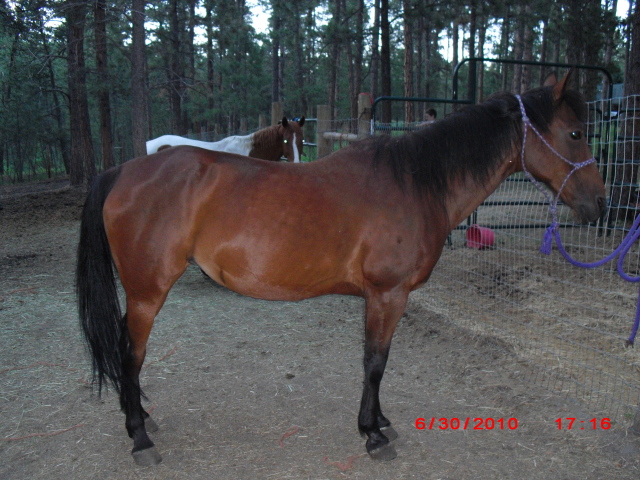 Mystery Mare
Question
Bay Mare
Hi there, I was curious if you could
Mystery Mare
Question
Bay Mare
Hi there, I was curious if you could
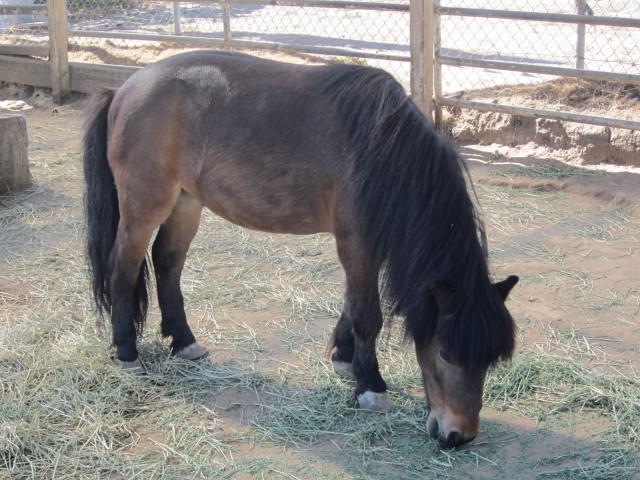 Question
QuestionSnipper
QUESTION: Hello!
I volunteer wit
Question
QuestionSnipper
QUESTION: Hello!
I volunteer wit
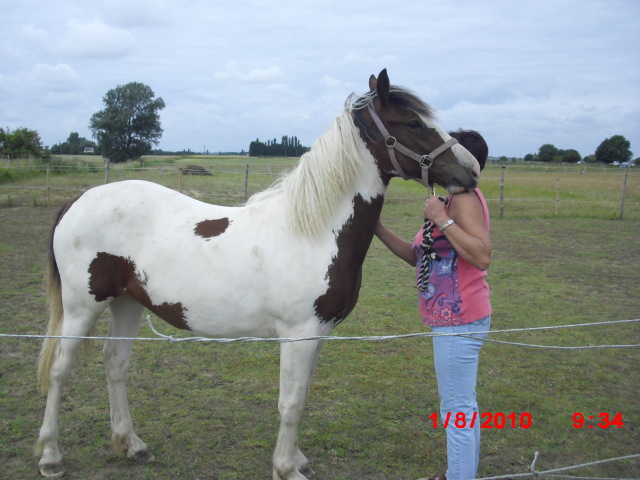 Wild Horse.
Question
My Crazy Horse
Hi, I have a 17 month old filly
Wild Horse.
Question
My Crazy Horse
Hi, I have a 17 month old filly
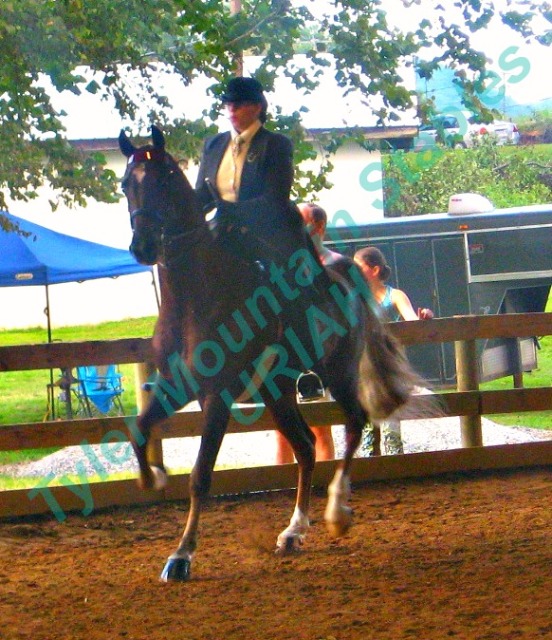 Double bridle prob.
Question
Uriah and Hope
I have a saddlebred and
Double bridle prob.
Question
Uriah and Hope
I have a saddlebred and
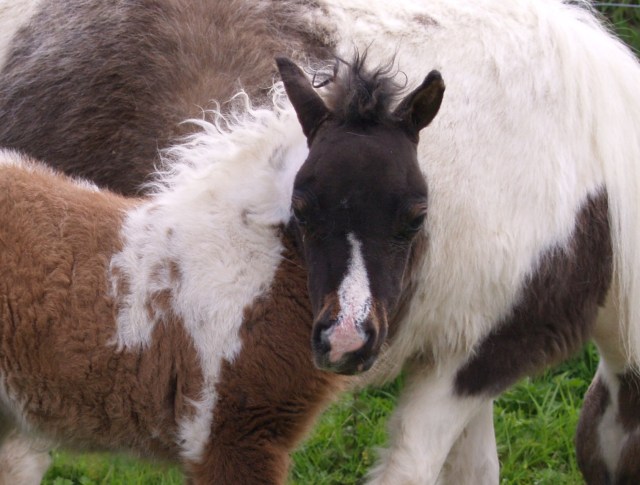 Facial nerve damage in a foal
QuestionAmerican Miniature Foa
QUESTION: Hello
I
Facial nerve damage in a foal
QuestionAmerican Miniature Foa
QUESTION: Hello
I